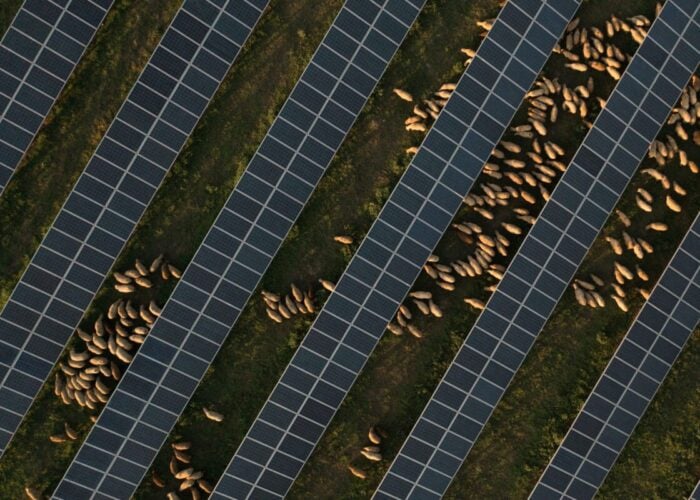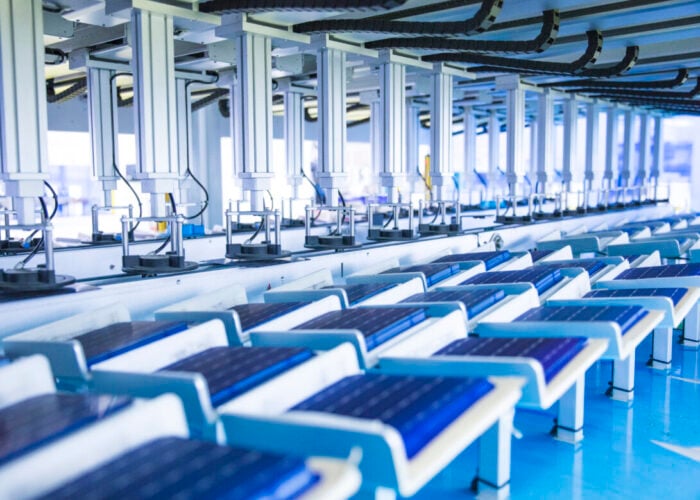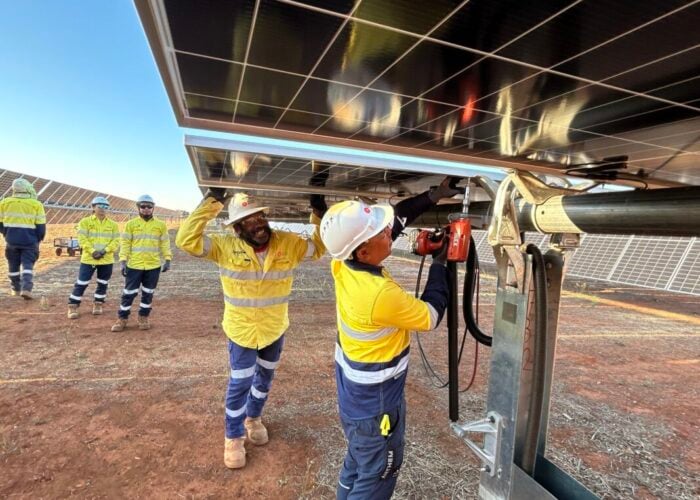The solar energy industry in Spain faces a spate of bankruptcies and job losses following the latest cut to support by the government, a coalition of trade associations in Spain has claimed.
The government has retroactively capped profits for the sector at 7.5% before tax, around 5-5.5% after tax. This rate is less than the rate that the sector is able to borrow at, leaving many facing bankruptcy.
Try Premium for just $1
- Full premium access for the first month at only $1
- Converts to an annual rate after 30 days unless cancelled
- Cancel anytime during the trial period
Premium Benefits
- Expert industry analysis and interviews
- Digital access to PV Tech Power journal
- Exclusive event discounts
Or get the full Premium subscription right away
Or continue reading this article for free
The retroactive plans “will lead many to bankruptcy because they won't be able to repay the credit that financed them”, according to a statement released by the Asociación Española de Productores de Energía Fotovoltaica (Anpier), Asociación de Productores de Energías Renovables (APPA), Asociación Española de la Industria Solar Termoeléctrica (Protermosolar) and Unión Española Fotovoltaica (UNEF).
Details of the €2.7 billion (US$3.5 billion) cost cutting for the energy sector announced last week, have left project developers, manufcaturers and consumers reeling.
Owners of solar power plants in Spain, which has more than 4GW of installed capacity, will be hit hard with months of uncertainty concluding with the government’s definitive changes.
Consumers will also be hit hard with increased levies on self-consumed solar energy now so high, that many will pay more for the electricity they generate themselves than they would for the regular grid power.
Responding to the changes for self-consuming customers UNEF said the changes ended any hopes for the survival of the domestic PV sector wasting the accumulated expertise and adding they would “close the door” on energy competition via distributed generation. The government owes money to the big five energy firms in the country.
Consumers have also been hit by a rise in electricity bills of 3.2%.
The Spanish government is faced with dire economic circumstances, compounded by a deficit in its energy budget of €26 billion (US$34 billion).
According to The Economist, the country will still spend as much as €8 billion (US$10.5 billion) a year on renewable energy subsidies, even after the latest cuts.






